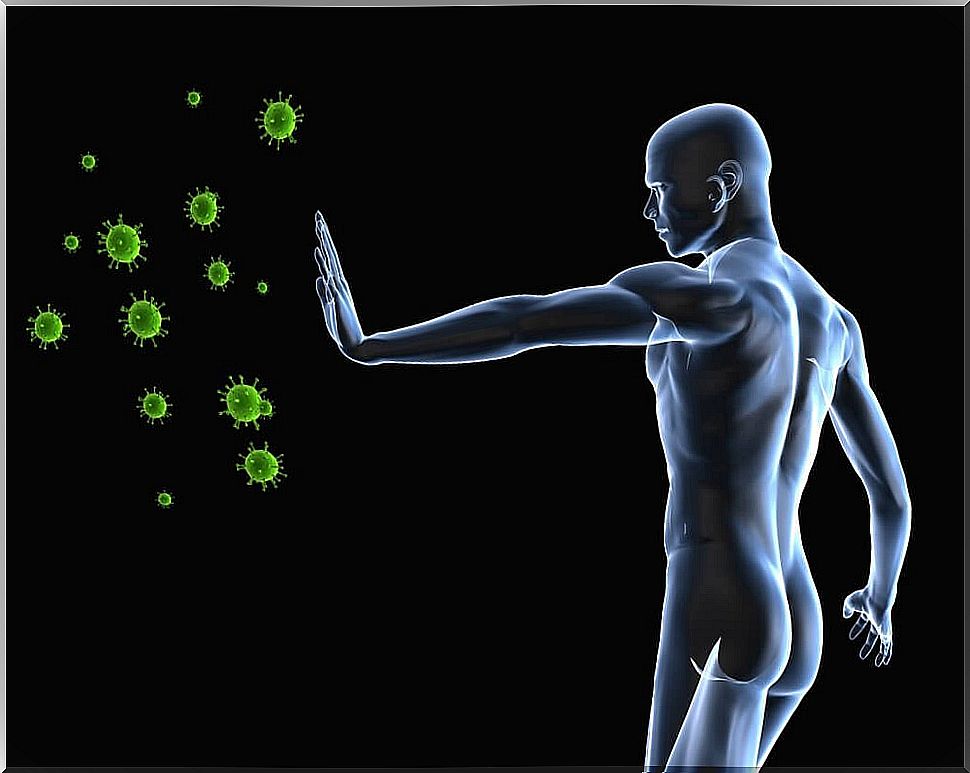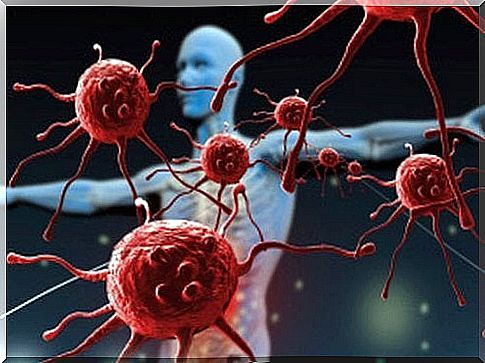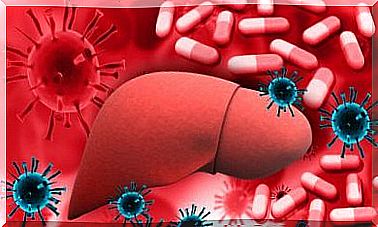Viruses Getting Stronger: Why?

Year after year we are dealing with ever stronger viruses. You may have noticed that you recovered faster from the flu last year than this year, or that the flu lasted less this year, but the symptoms were more intense.
Just as the organism changes, so too do microorganisms. It is a question of adapting, of changing in order to survive. In other words, we are dealing with increasingly strong viruses because they need to strengthen themselves to invade the human body and survive in the environment that hosts them.
How viruses affect the immune system

A virus is a microorganism that is a hundred times smaller than a human cell. It is the most common biological unit on our planet and when it enters our body its goal is to attack healthy cells.
It is then that the immune system comes into play, which recognizes the virus as an intruder to be eliminated before it damages the cells. If not – that is, if the immune system is not responding – the process known as infection begins.
When the microorganism takes over the cell, it can replicate it in its image and likeness. This process is faster if the virus is powerful and if the system is slow to activate the immune defenses.
Our immune system can be said to be effective when it can fight off intruders. For example, fever or vomiting are a defense mechanism of the body.
The body also has a mechanism known as acquired immunity. This phenomenon consists in the fact that the body remembers previously defeated viruses, so that it knows how to attack and defeat them if they reappear.
For example, some diseases are only contracted once in a lifetime. This is the case of measles, chickenpox or mumps, against which the body develops an acquired immunity that will defend us for life from them.
When we get vaccinated, we introduce a small amount of the disease so that the body learns to fight it effectively. It is for this reason that very often when we get vaccinated from one type of flu, we get it. In this way the organism develops an effective resistance to that specific virus.
Viruses getting stronger: why?

Incorrect and excessive use of antibiotics, migratory phenomena (usually those due to tourism) and global warming seem to be the main reasons why viruses and bacteria are getting stronger and stronger.
On a monthly or weekly basis we hear about microorganisms that are spreading faster and faster. And since very often in front of a symptom of mild cystitis or some line of fever we tend to self-medicate, we favor the mutation of some viruses, which adapt in order not to succumb.
Doctors prescribe antibiotics when other therapies are not effective enough. The downside is that patients require higher doses from time to time and medicines that act faster and faster.
For every antibiotic that is produced, there is a bacterium or virus that resists. These microorganisms are very intelligent and will do anything to survive. Once in contact with an antidote, they begin to change their structure to cope with the drug through the so-called “strains” (comparable to the updates that we perform on the mobile phone or on our PC).
Viruses stronger and more lethal

Although our immune system recognizes viruses as enemies and acts accordingly, sometimes it does not have the information it needs to counteract the damage caused by these unwanted hosts.
For example, in 1918 the flu in Italy killed about 2.5% of the population. During the twentieth century, yellow fever caused the death of 20% of the sick, while the percentage of deaths from smallpox is around 30%; as for ebola haemorrhagic fever, it caused the death of about 90% of the infected.
Nowadays, everything seems to suggest that we are getting sick more and more quickly and that viruses cause more and more deaths in less time.
Increasingly strong viruses and the emergence of new infectious diseases
There are about 350 infectious diseases in the world and a new one appears every 18 months. Modernity is responsible for this process: air travel, global warming, wars, overpopulation, dietary changes and famines are just some of the causes.
Several antiviral medicines have been tested that act before the virus attaches to the cell or that prevent the genetic material of the microorganism from merging with its host. But this does not mean that these antidotes are able to eliminate the virus entirely; however they weaken it.
Although viruses and bacteria are very simple organisms, they are not to be underestimated. In fact, we may even be able to weaken them, without ever defeating them completely. The goal of science, however, is to annihilate them altogether.









